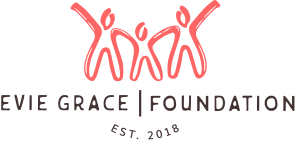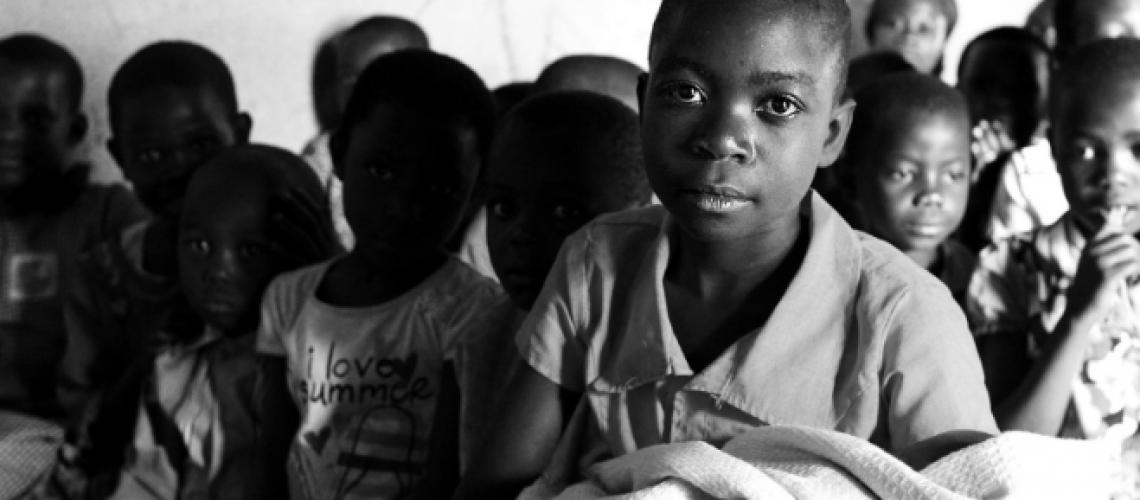Female genital mutilation (FGM) is a traditional harmful practice that involves the partial or total removal of external female genitalia or other injuries to female genital organs for non-medical reasons.
According to the WHO, it is estimated that more than 200 million girls and women alive today have undergone female genital mutilation. Besides, every year, an estimated 3 million girls are at risk of undergoing female genital mutilation, most of whom are cut before the age of 15. [1]
FGM is still widely practiced throughout Africa, and there may have even been an increase in early-age FGM in some communities. Studies investigating the experiences of those involved in this practice often fail to acknowledge the deeper socio-cultural underpinnings of FGM. Understanding these phenomena could guide efforts to curb this harmful practice. [5]
In general, there are three main types of FGM:
Clitoridectomy – Total or partial removal of the sensitive clitoris and its surrounding skin.
Excision – Partial or total removal of the clitoris plus the removal of the labia minora, or inner skin folds surrounding the vagina.
Infibulation – The cutting and repositioning of the labia minora and the labia majora – the outer skin folds surrounding the vagina. This often includes stitching to leave only a small gap.
Other types include harmful procedures like pricking, piercing, incising, scraping, and cauterising the clitoris or genital area. [2]
FGM can cause physical and mental health problems that affect women in later life, as Bishara Sheikh Hamo from the Borana Community in Kenya’s Isiolo County explains. Despite Kenya banning female genital mutilation in 2011, the tradition of circumcising girls has continued in some ethnic communities.
The most frequently cited reasons for carrying out FGM are social acceptance, religion, misconceptions about hygiene, a means of preserving a girl or woman’s virginity, making the woman “marriageable,” and enhancing male sexual pleasure. FGM is regarded as a rite of passage into adulthood and considered a pre-requisite for marriage in some cultures.
Although there are no hygienic advantages or health benefits to FGM, practicing communities believe that women’s vaginas need to be cut – and women who have not undergone FGM are regarded as unhealthy, unclean, or unworthy.
It’s often performed against their will, and health professionals worldwide consider it a form of violence against women and a violation of their human rights. When FGM is inflicted on children, it is also seen as a form of child abuse. [4]
The good news is that the number of girls undergoing female genital mutilation has fallen dramatically in East Africa over the past two decades, according to a study published in BMJ Global Health.
The study, which looked at FGM rates among girls aged 14 and under, suggests that prevalence in east Africa has dropped from 71.4% in 1995 to 8% in 2016. [3] This is an incredible feat, but there is still far to go to change this practice’s socio-cultural underpinnings.
With the combined effort of both government and non-government organisations like the Evie Grace Foundation, we hope this declining trend will continue until the practice has been eliminated eventually. No woman and no child deserve to endure such pain.
At Evie Grace Foundation, we work hard to educate communities and children about their human rights and strive to make the world a better place. Will you join us?
Sources
[1]https://www.who.int/teams/sexual-and-reproductive-health-and-research/key-areas-of-work/female-genital-mutilation/prevalence-of-female-genital-mutilation
[2]https://www.sciencedirect.com/science/article/pii/S2214139119300617
[3]https://www.theguardian.com/global-development/2018/nov/07/fgm-rates-in-east-africa-drop-20-years-study-shows
[4]https://www.bbc.com/news/world-47131052
[5]https://www.voanews.com/africa/kenya-fighting-end-female-genital-mutilation-2023
Written by: Chandini Balla


